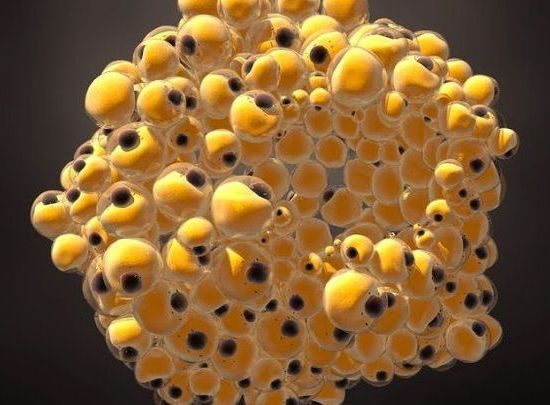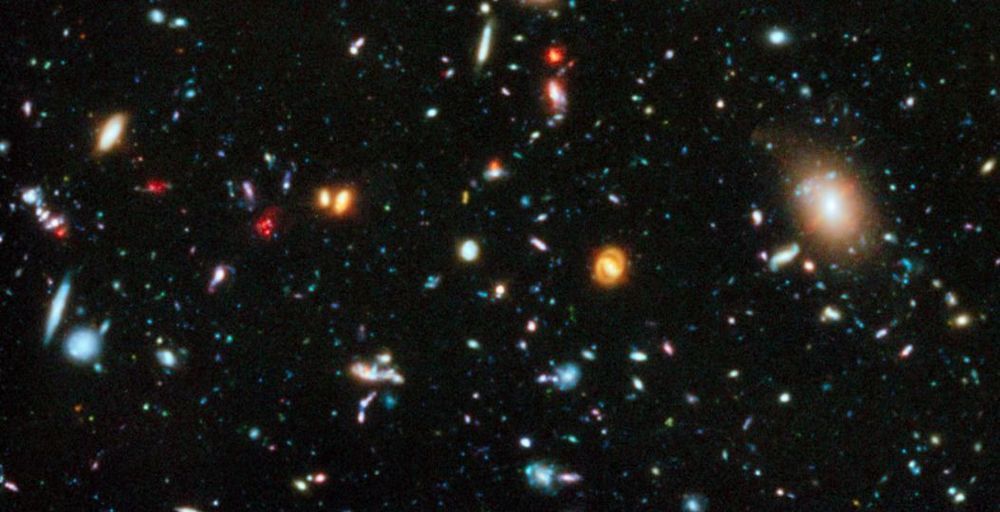
Pour milk in coffee, and the eddies and tendrils of white soon fade to brown. In half an hour, the drink cools to room temperature. Left for days, the liquid evaporates. After centuries, the cup will disintegrate, and billions of years later, the entire planet, sun and solar system will disperse. Throughout the universe, all matter and energy is diffusing out of hot spots like coffee and stars, ultimately destined (after trillions of years) to spread uniformly through space. In other words, the same future awaits coffee and the cosmos.
This gradual spreading of matter and energy, called “thermalization,” aims the arrow of time. But the fact that time’s arrow is irreversible, so that hot coffee cools down but never spontaneously heats up, isn’t written into the underlying laws that govern the motion of the molecules in the coffee. Rather, thermalization is a statistical outcome: The coffee’s heat is far more likely to spread into the air than the cold air molecules are to concentrate energy into the coffee, just as shuffling a new deck of cards randomizes the cards’ order, and repeat shuffles will practically never re-sort them by suit and rank. Once coffee, cup and air reach thermal equilibrium, no more energy flows between them, and no further change occurs. Thus thermal equilibrium on a cosmic scale is dubbed the “heat death of the universe.”
But while it’s easy to see where thermalization leads (to tepid coffee and eventual heat death), it’s less obvious how the process begins. “If you start far from equilibrium, like in the early universe, how does the arrow of time emerge, starting from first principles?” said Jürgen Berges, a theoretical physicist at Heidelberg University in Germany who has studied this problem for more than a decade.


















